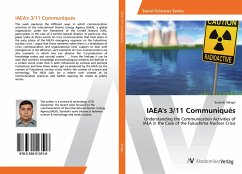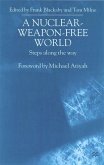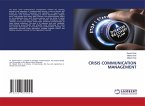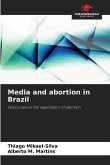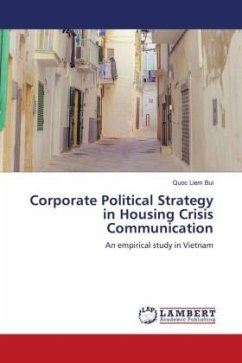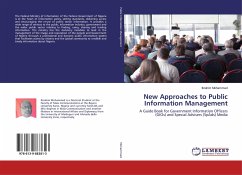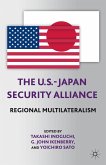This work examines the different ways in which communication activities of the International Atomic Energy Agency (IAEA), a global organization under the framework of the United Nations (UN), participates in the case of a techno-natural disaster. In particular, this paper looks at those events of crisis communication that took place in the early phase of the IAEA's emergency response on the Fukushima nuclear crisis. I argue that those moments when there is a breakdown of crisis communication and organizational level support to deal with emergencies is not effective, such moments of crisis communication are also moments in which one can observe the "co-production of knowledge orders and societal orders." ... From the findings it can be seen that scientific knowledge and technological artifacts are defined in a certain social order that is both influenced by cultural and political institutions and how these orders get co-produced by the IAEA (in the context of Fukushima nuclear crisis) within the context of science and technology. The IAEA calls for a reform with context to its communication practices and further opening for media or public access.
Bitte wählen Sie Ihr Anliegen aus.
Rechnungen
Retourenschein anfordern
Bestellstatus
Storno

